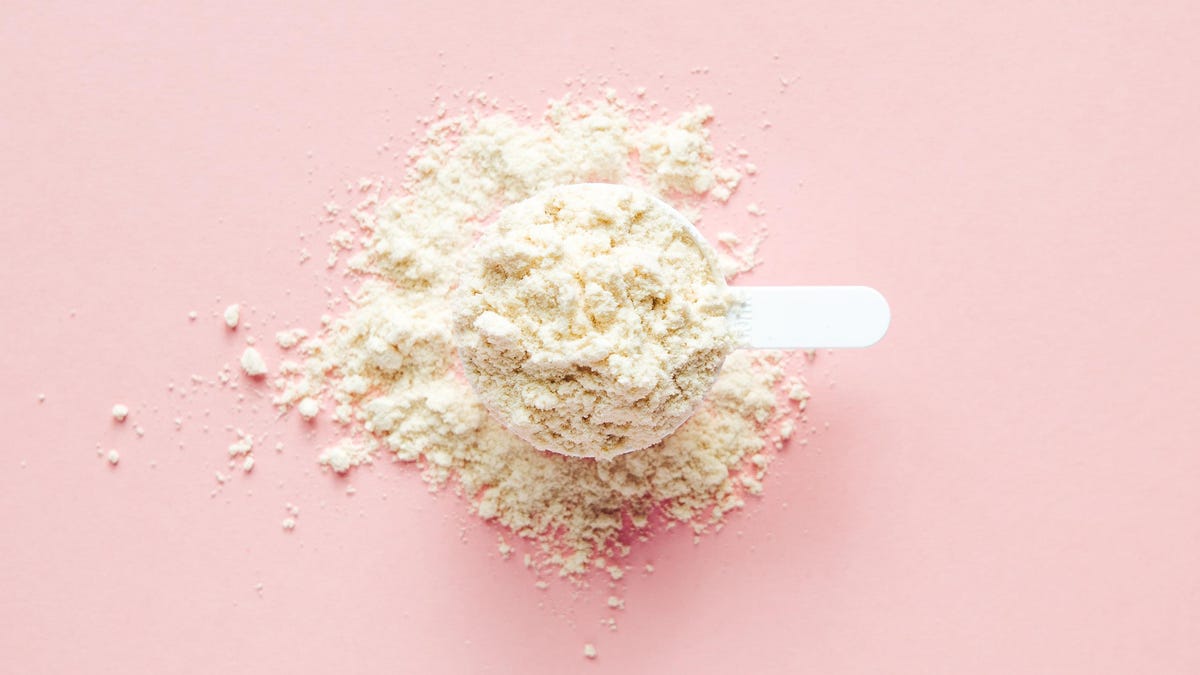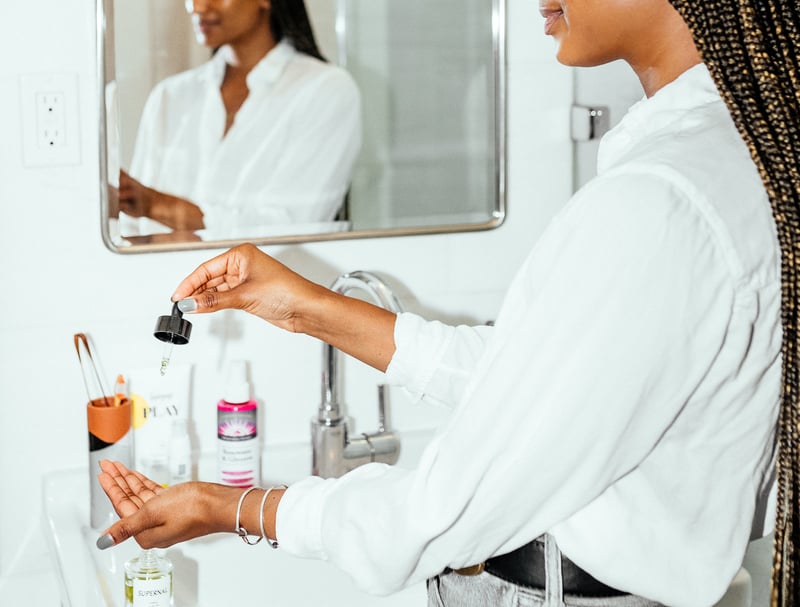These are the top 5 startups at Cradle’s new MYStartup pre-accelerator, here’s what they do
Cradle Fund's MYStartup announced the top 5 startups in its pre-accelerator's first cohort, which include Loop Foods, Luwjistik, and more.

MYStartup, a project developed by Cradle Fund, has announced the Top 5 qualifiers from the first-ever cohort under its pre-accelerator programme which ended in September.
This pre-accelerator is designed for early-stage startups seeking to validate their ideas and business models.
For its first cohort, 37 startups were selected to have direct access to local and international mentors, resources, and market exposure with extended post-programme and funding opportunities.
Out of those 37 startups, five have emerged as the top qualifiers. According to a video by MYStartup, the top five will take part in a Cradle Fund-sponsored overseas immersion programme as well as participate in phase two of its startup acceleration programme.
Here are those top five startups that have been selected from Cohort 1 of the inaugural MYStartup Pre-Accelerator.
1. Luwjistik
 Image Credit: MYStartup
Image Credit: MYStartupA software-as-a-service company, Luwjistik is a platform that connects clients in the logistics industry to various global network partners.
Through Luwjistik, logistic companies can design their cross-border ecommerce supply chain easily, mixing and matching various network partners to the different nodes in the supply chain.
Luwjistik is co-founder and CEO Syed Ali Ridha Madihid’s third startup, though it’s his first one in Malaysia.
Understanding the value of networking, the entrepreneur decided to join MYStartup’s pre-accelerator programme to embrace Malaysia’s vibrant startup ecosystem.
“I strongly believe the biggest benefit was the networking among startups and also mentors, which allows us to share our challenges, exchange ideas and share experiences and solutions,” Ali said.
While undergoing the programme, Luwjistic secured an acquisition by Australian logistics company Shippit for US$11.3 million.
“We are now focused on integration work and are looking forward to contributing to an active ecosystem in Malaysia,” Ali said.
2. Sayur Kita Asia
 Image Credit: MYStartup
Image Credit: MYStartupAn agrotech startup, Sayur Kita Asia aims to support the growth of Southeast Asian agropreneurs by providing an online interactive web platform that offers agri-courses. Currently, the only available course is the hydroponics course.
The startup also aims to give consumers access to fresh and affordable vegetables via its website.
Naviin Thiaga, the founder and CEO of Sayur Kita Asia, shared that the primary goal of his startup is to create a new generation of quality agropreneurs in Malaysia.
On top of that, the startup also aims to elevate and invest in the people from the B40 community to make an additional income for themselves through growing and selling produce via its platform.
The startup’s core focus aligns with why Naviin joined the pre-accelerator programme—for the community.
“There is a saying ‘if you want to go fast, go alone; if you want to go far, go together’,” Naviin quoted. “To build a revolutionary business with a huge purpose as its mission is not that easy that it can be done alone.”
True to his expectations, Naviin said he has been able to gain community support through the programme. According to him, everyone involved, from mentors to peers to ecosystem builders, was ready to help at a moment’s notice.
3. Bytespace
 Image Credit: MYStartup
Image Credit: MYStartupBased in Petaling Jaya, software company Bytespace offers IT solutions to all business market segments, from startups to enterprises.
According to its website, Bytespace offers solutions such as application development and customisation, website design and development, content management systems, and mobile applications.
Moreover, it currently offers two products—Steve and Safe G. Steve is a comprehensive end-to-end solution that digitalises port and logistics operations services. Meanwhile, Safe G is a simple and sophisticated security solution.
According to Suresh Chidambareswaran, the CEO of the company, Bytespace joined the programme as they saw a need to validate its people, process, and product verticals.
He believes that MYStartup has helped Bytespace with that. Other than that, he shared that through the programme, the startup was able to learn about the power of social media and the importance of pivoting.
“Don’t be afraid to pivot,” Suresh said. “Take calculated risks and do it if the risk is manageable.”
4. Loop Foods
 Image Credit: MYStartup
Image Credit: MYStartupA purveyor of healthy and affordable eating, Loop Foods is a farm-to-table online restaurant. It sources its produce directly from farmers and provides free delivery to customers’ doorsteps. Brands under Loop Foods include SpargoEats.
Nicholas Ou, the co-founder and CEO of Loop Foods, believes that focusing on impact is critical with the pre-accelerator programme. “The rest is fluff,” he said.
To him, founders may end up getting romantic with their solutions. But instead of that, it’s more sensible to validate with users and build a minimum viable product.
After going through this programme, Loop Foods is now looking to pilot its corporate team lunch app with Cradle Fund and Beyond4’s corporate network. The startup also shared that it’s looking to raise its seed round.
5. Material in Works
 Image Credit: MYStartup
Image Credit: MYStartupFounded by packaging material experts, Material in Works (MIW) has developed a treatment process that recovers cellulose to be processed back into raw material for paper product manufacturers, thus preventing the waste from ending up in landfills.
As explained by John Ooi, the co-founder of MIW, its treatment process is mutually beneficial for the environment and the paper industry, as the price and availability of raw materials are major concerns of the industry players.
According to John, MIW aspires to lead in the “industrial symbiosis programme”, which explains why it joined MYStartup’s programme.
Industrial symbiosis is a process whereby wastes or byproducts of an industry become the raw materials for another. This helps contribute towards the creation of a circular economy.
“Our very first project is piloting upcycling solutions to tackle label packaging waste in Malaysia,” John explained.
There are three particular beneficiaries of MIW’s efforts. This includes label packaging stakeholders, the B40 community members who are living near landfill sites, and the environment at large.
One thing in particular that the team found beneficial was the one-to-one biweekly call with a mentor who comes from a VC background.
“We found the financial modelling and valuation course to be very practical for us, particularly before setting up our pilot plant,” John shared.
After the programme, MIW announced that it has secured its seed funding, and as such is aiming to set up a one-tonne capacity pilot plant.
Advice based on experience
Following Cohort 1’s conclusion, MYStartup has already announced Cohort 2 of its pre-accelerator programme. According to a press release, the new batch has received a total of 126 applications, with 38 early-stage startups making the cut to undergo the six-month training programme.
Luwjistik’s Ali encouraged Cohort 2 to embrace the experience and to keep in mind that there is no such thing as a silly question.
“To maximise the programme, I strongly encourage active participation, especially asking questions and engaging with the respective mentors,” he shared.
 Image Credit: MYStartup
Image Credit: MYStartupThe one thing Naviin wants Cohort 2 startups to ask themselves is: “Do you know what you don’t know?”
“I want startups to know that there will be questions asked directly from experts that might throw you off your feet and that is good,” he explained.
Tough questions will give the team a reality check as it shows how much they actually understand their business model as a whole.
Suresh’s advice for future startups wanting to join the programme is to know all your peers. If there is a possibility of collaboration or partnership, he believes it’s worthwhile to seriously consider it.
Nicholas’ word of wisdom is to keep an open mind and try to understand everyone’s perspectives and advice regardless of how harsh they may seem.
“[This is] as the mentor’s intention is to understand and build a sustainable business, not to just hurt our feelings,” he said.
Cohort 2’s training period started on October 6. For the next six months, the 37 teams will be learning from mentors and peers alike, and we look forward to seeing who the top five for Cohort 2 will be.
Learn more about MYStartup here.Read other articles we’ve written about Malaysian startups here.Featured Image Credit: MYStartup

 Tfoso
Tfoso 






























